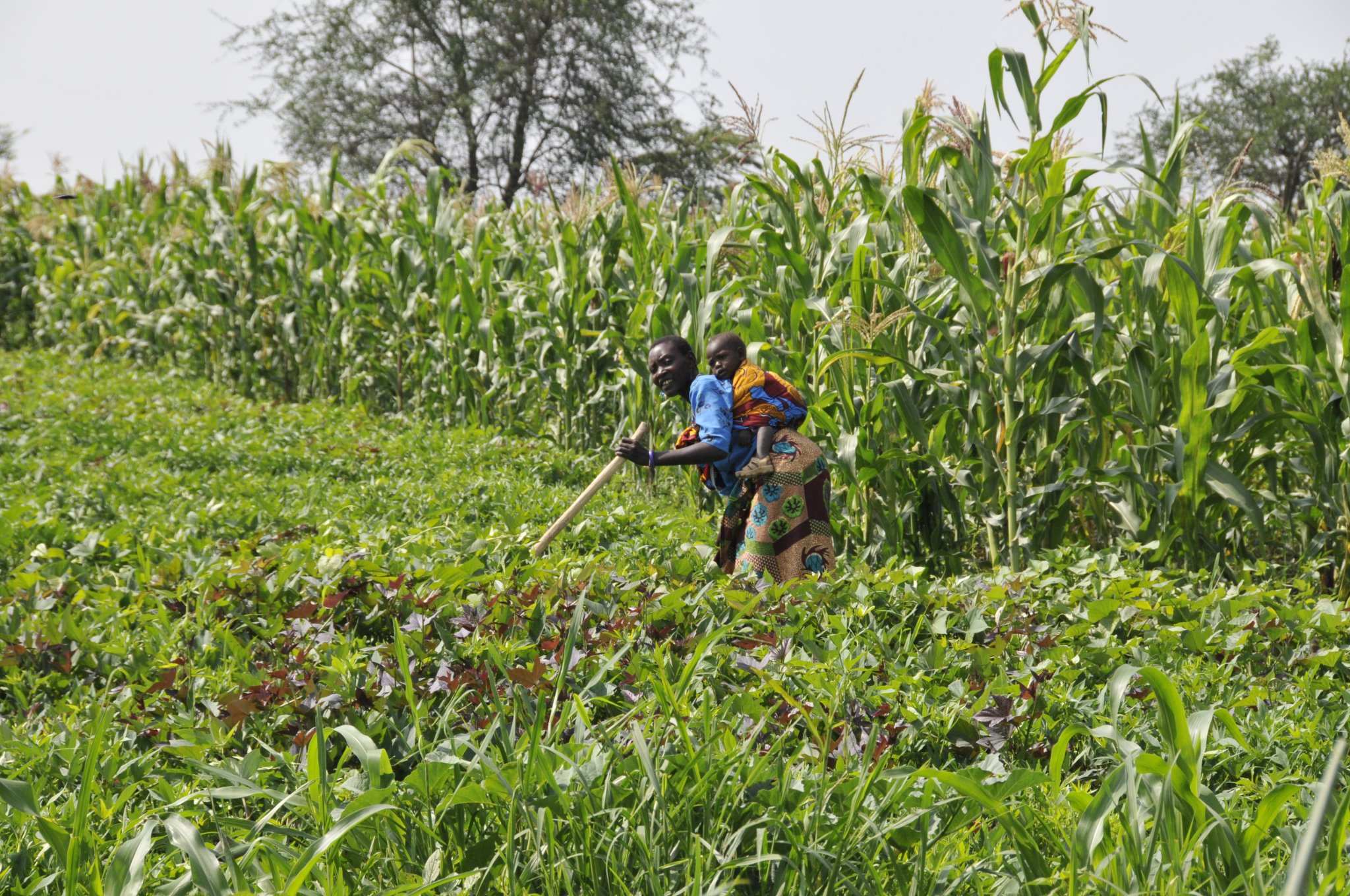Go for the Goals
WHY IT MATTERS
To mark the 30th anniversary of the International Development Week, The Canadian Council for International Cooperation (CCIC) and World University Service Canada (WUSC) launched the Innovation and Impact Awards, recognizing an individual and a Canadian organization for the contributions they have made to global development and humanitarian assistance. We speak to the two winners whose work span food aid, sanitation, and the empowerment of entrepreneurs.
This year marks the 30th anniversary of International Development Week – an annual initiative acknowledging Canada’s contributions to global humanitarian assistance. The theme for this year? ‘Go for the Goals’, referring to the UN’s 2030 Agenda for the Sustainable Development Goals (SDGs), encouraging Canadians to tirelessly push for a better world, together.
In the last decade to achieve the SDGs, this type of ingenuity has become more crucial than ever. To celebrate those driving change, the Canadian Council for International Cooperation (CCIC), alongside the World University Service of Canada (WUSC), in collaboration with the trustees of the Lewis Perinbam Award, launched the Innovation and Impact Awards, to recognize Canadian individuals and organizations with a unique, innovative practice in international development and humanitarian response.

Photo: Canadian Foodgrains Bank
Jim Cornelius, Executive Director of the Canadian Foodgrains Bank, is this year’s Individual winner, in recognition of the groundbreaking work he has done in food aid policy.
Canadian Foodgrains Bank aims for a world without hunger by providing food in times of crisis for populations in developing countries. With Cornelius at the helm, the organization has advocated for public policy changes to enable communities to better feed themselves, while educating Canadians about global hunger. The Foodgrains Bank works with about 40 countries around the world, and has helped over 800,000 people to date.
In the past, food aid had been a means of disposing of agricultural surpluses. According to Cornelius, when he first joined the organization, 90% of grains commodities were being shipped from Canada. Despite feeding people, these shipments were negatively affecting local markets and food producers. “I did a big study on local purchase for the Foodgrains Bank and intellectually, it made sense to shift from Canadian shipments to local purchases.”
This shift would provide countries with long-term food security with smallholder farms benefiting from higher customer demands, while the food itself was closer to local diets.
Cornelius and his team were challenging the status quo. “It wasn’t just a matter of persuading policy makers and ministers — we had to persuade the agricultural community in Canada not to oppose the change. We did all the intellectual work to make the case, and then we had to do the political work. It took us 10 years.”
In April 2008, Cornelius and his team were successful in convincing the Canadian government to change the food aid policy, and today, the majority of Canadian food aid is purchased in developing countries. “It’s about building relationships and sorting through the political dynamics — understanding how you get people to work together for a common cause.
One of the things we were blessed with is a simple mission,” Cornelius adds. “We are focused on hunger, and connecting people to that.”

Photo: iDE
Much like the Canadian Foodgrains Bank, iDE — the organizational winner for the Innovation and Impact Awards — has worked closely with the Canadian government, as well as governments overseas, to execute their social impact mission. This non-profit addresses poverty by helping to build businesses in lower-income countries, enabling economic growth.
Stuart Taylor, CEO, says, “iDE has always had business at its heart. Our mission is really about creating opportunities for people who are living in poverty to find a sustainable way out of that, and to create prosperity on [the individual’s] own terms.”
iDE’s first project was building donkey carts in a refugee camp in Somalia. “The UN [thought it was] crazy — ‘this is a refugee camp, why are you talking about business’? But people who are living in those extreme circumstances, often by necessity, are some of the most entrepreneurial people in the world. So the project was successful. [People] have the creativity, the ingenuity, and the tenacity to find solutions, and to really create change within their own communities.”
It was iDE’s initiative, WASH, that earned them the Innovation and Impact Award. WASH was created to improve sanitation coverage through Sanitation Marketing: “[It’s about] paying attention to things like even what colour is [the latrine]? Is it titled, what’s the design? [We’re] rapidly prototyping so we know that the product that we’re putting on the market is really speaking to people’s desires,” Taylor says. “It has to be affordable, but sometimes people will pay a little bit more for something that speaks to their aspirations. We can sometimes forget — or maybe wilfully ignore that.”
In Cambodia, iDE saw great success, with the sale of 309,692 latrines as of 2019.
iDE also provides innovative social assistance to support those wanting to make an investment, including a psychometric test. “It gives us a sense of this person’s likelihood of being able to pay their monthly instalments,” Taylor explains. “It’s really looking at their attitude toward money. It’s based on an evolving and live statistical model that gives us a probability. It makes assistance so efficient because you don’t need bank statements and guarantors. It gives almost an instant response.”
iDE is a pioneer in market-based development. Today, the organization has impacted more than 23 million people globally through its numerous programs, with longstanding presence in 11 countries.
International Development Week gives us the opportunity to celebrate Canadian contributions just like these. By presenting the Awards, CCIC and WUSC foster the growth of a more relevant, responsive, and effective global development sector — with innovation at its core.

